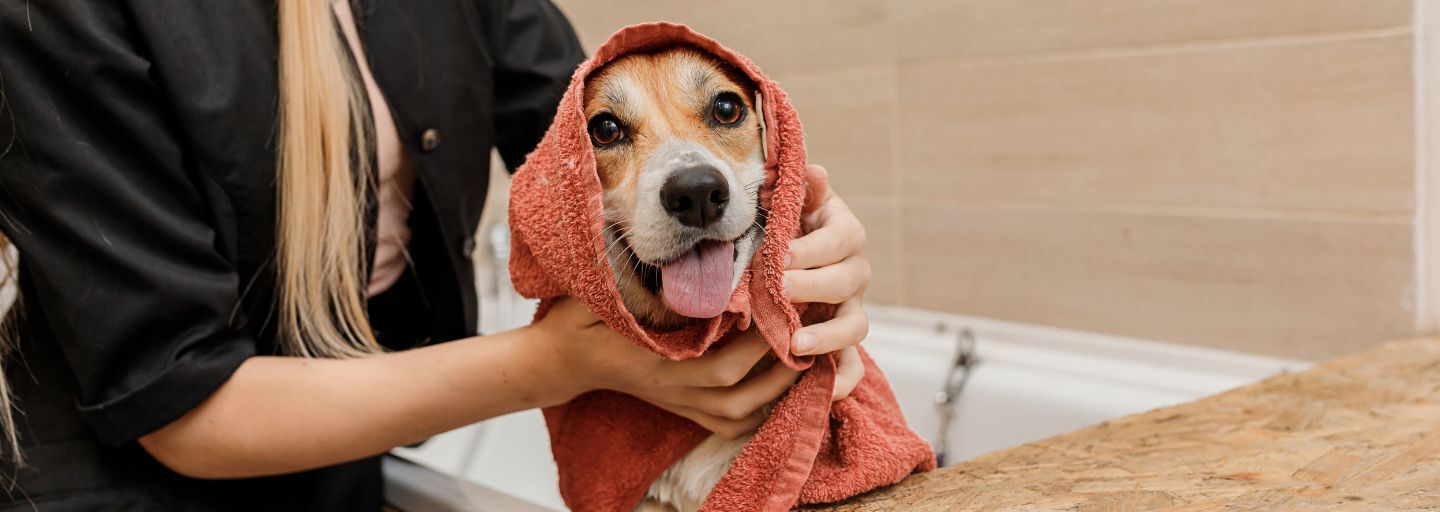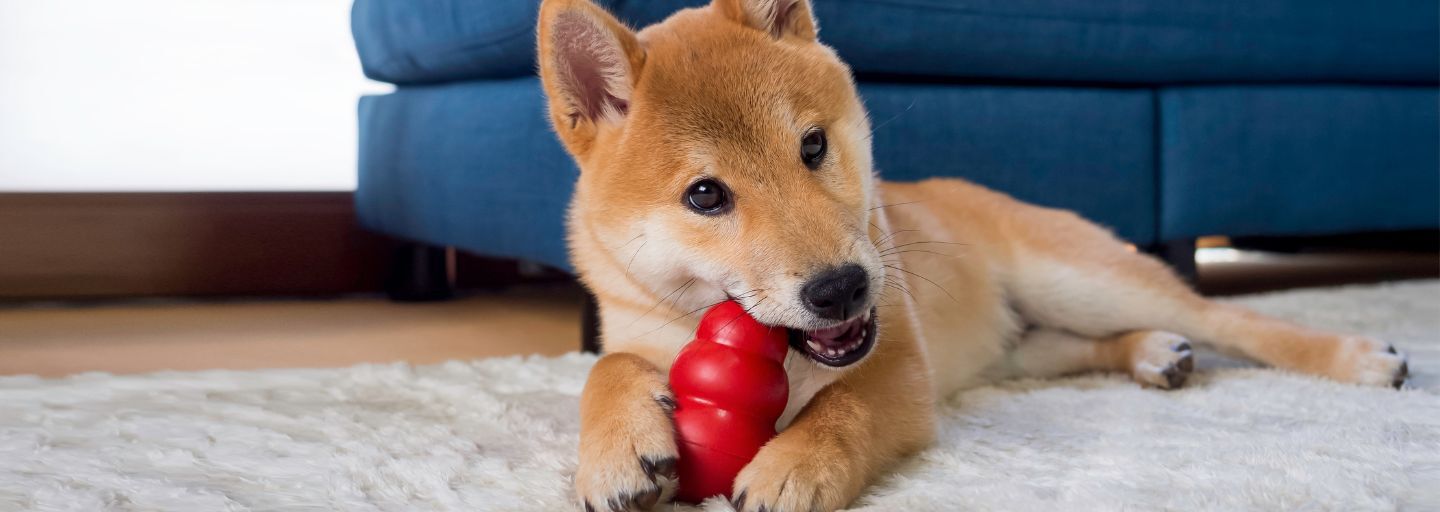You’ve done your research and know which breed you want. So how do you find that perfect puppy? The first step is to track down a responsible breeder or animal shelter (like the AWL).
Choosing a dog breeder
Buying a dog is not like buying a car. You may feel proud of your car - you may even say you love it - but when push comes to shove, you’re not going to worry about its health, you’re not going to hurry home from a night out because a storm’s on the way and you know it’s scared of thunder.
Hey, they don’t call it puppy love for nothing.
Choosing the right owner or breeder is vital. A breed club is a good place to start your search, as they may have a list of litters available, or you can use our partner RighPaw, who can put you in touch with reputable breeders in your area. You could also try going to a dog show to meet breeders and owners to get more information.
Questions to ask a dog breeder
What do you know about the breed? Why not view our breed library.
Do they know if the breed is suited for showing, agility, obedience training, or principally as pets?
Do you concentrate on a single breed? Get a feel for whether the right kind of attention is being devoted to preparing your potential puppy properly for life as a family pet.
How many litters do you produce each year? Responsible breeders will never produce more than one litter per bitch each year.
Where will the litter be raised? Puppies raised running around in a busy household, with cats, dogs, children, and lots of visitors will be better socialized than those reared in a quieter home or kennels.
What support do you provide? Responsible breeders usually offer advice and support for the whole of your dog's life, and will want the dog to be returned to them if you are no longer able to look after it, whatever the dog's age.
Are your dogs tested for any genetic health problems in the breed?
Ideally, you should find that the breeder-evaluation process works both ways. Obviously, you’ll want to make sure of the breeder’s credentials – and they should want to make sure you will provide a good home.
So don’t be surprised or offended if the breeder asks you as many questions as you ask them. This is a very good sign and shows they are genuinely interested in finding the best homes for their puppies.
What to look for
To save time, your initial questions for the breeder can be asked over the phone. Then, if both you and the breeder are happy, arrange a face-to-face meeting. Look for the following:
A breeder who appears friendly and trustworthy – trust your instincts here;
Dogs that are friendly, healthy-looking, and well-behaved;
Dogs that are obviously treated with respect – the breeder should interact freely in a friendly manner with them.
Meet the parents
You should meet the puppy’s mother – be very cautious if you are not allowed to see her or the rearing environment. Her coat and general condition may not be at its best after giving birth and it’s natural for her to be a little wary of people viewing her litter, but she should be attentive rather than nervous or aggressive.
It’s unlikely that the father will be around when you visit. Most breeders use a stud dog that is best suited to their bitch. Ask about the father’s temperament, health, and pedigree. His pedigree (ancestry/family tree) should go back around five generations. Ideally, ask to see a photo to judge if he is a good physical example of the breed.
Choosing your puppy
You usually meet your pup for the first time at around six weeks of age, but if possible, try to visit as close to three to four weeks as you can. At this age, puppies should be increasingly playful, outgoing, up to mischief and interested in their environment.
Avoid puppies that are nervous, withdrawn, or overly excitable, as they are likely to need more training and socialization.
Puppy checklist
Puppy health is extremely important. Puppies should be plump, but not fat, and free of any lumps or bumps.
Avoid taking a puppy with a potbelly, as it may have worms.
Check for swelling of the bellybutton – this is the sign of an umbilical hernia.
Look for clean eyes, ears, nose, backside, and coat. The eyes should be bright and ears should not be dirty, red, smelly, or itchy, while the coat shouldn’t have any bald or red patches.
Place the pup on the floor and clap your hands or make a high-pitched squeak. Does the dog respond? Deafness is a big problem in some breeds (Dalmatians, for example) and particularly for white dogs, so it may be wise not to take a puppy that doesn’t respond to obvious sudden noises.
Timing is everything
Resist the temptation to take your new dog home too soon. The time puppies spend with their mothers, brothers, and sisters is crucial to their development – it’s how they learn how to communicate and learn the dos and don’ts.
You should pick up your puppy after it has turned 8 weeks of age, but if you have to wait until 12 weeks, it’s best to choose a puppy from a busy household.
Re-homing a puppy
Many puppies of all breeds and varieties can be found in animal shelters across the country. A good shelter will have clean and homely pens, with a warm, sheltered area for sleeping, plenty of exercise space, and toys.
Staff will be friendly, caring, and knowledgeable and ask lots of questions about you and your lifestyle to find the best dog for you. For more information about re-homing a dog in your area, Animal Welfare League Australia or the RSPCA is the best port of call.







